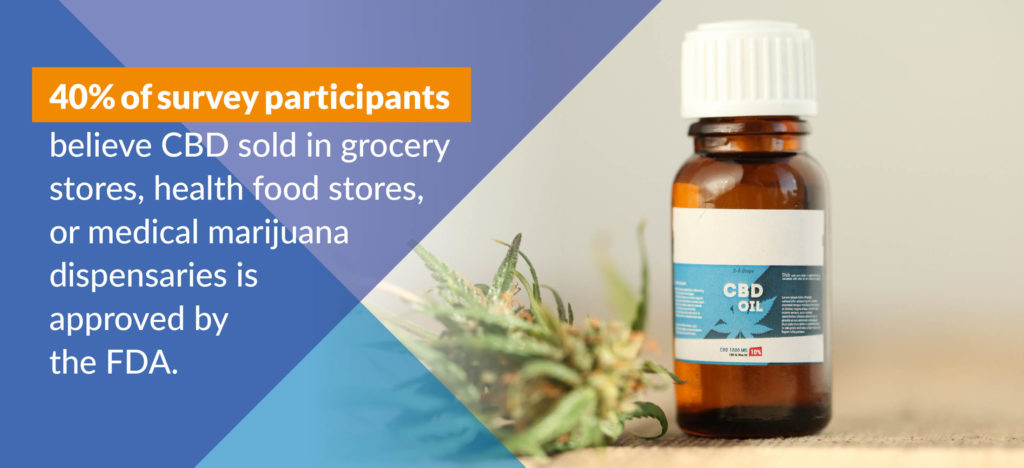Pain management program offers an alternative to opioids
Not all pain is treated with opioids. Explore other medications and nondrug treatments that anesthesiologists use to provide effective pain management.
Explore this page:
Select a Topic
- Non-Opioid Treatment
- What are some alternatives to opioids?
- What high-tech methods might help relieve chronic pain?
- Are marijuana and cannabinoids such as CBD oil good pain relief options?
Non-Opioid Treatment
Millions of Americans are in pain. Some suffer from chronic headaches or back pain; others are recovering from surgery, sports injuries, or accidents. Every year, millions of prescriptions are written for pain medications — many of them powerful opioids that can cause side effects and lead to addiction.
But there are many non-opioid treatments available for pain, including prescription and over-the-counter aspirin, ibuprofen, and acetaminophen; nondrug remedies such as massage and acupuncture; and high-tech treatments using radio waves and electrical signals.
If you’re in pain and want to avoid taking opioids, an anesthesiologist can work with you to develop a safe and effective pain management plan.
An anesthesiologist can work with you to develop a safe and effective pain management plan.
What are some alternatives to opioids?
There are many non-opioid pain medications that are available over the counter or by prescription, such as ibuprofen (Motrin), acetaminophen (Tylenol), aspirin (Bayer), and steroids, and some patients find that these are all they need. Other people find relief with nondrug therapies that can be used alone or in combination with medications. These include:
- Physical therapy – A physical therapist or physician who specializes in physical medicine and rehabilitation may be able to create an exercise program that helps you improve your ability to function and decreases your pain. Whirlpools, ultrasound, and deep-muscle massage may also help.
- Acupuncture – You may find relief from acupuncture, in which very thin needles are inserted at different places in your skin to interrupt pain signals.
- Surgery – When other treatments aren’t effective, surgery can be performed to correct abnormalities in your body that may be responsible for your pain.
- Injections or nerve blocks – If you are having a muscle spasm or nerve pain, injections with local anesthetics or other medications can help short-circuit your pain.

Many patients also find relief from massages and other relaxation techniques, as well as biofeedback, where you learn to control involuntary functions such as your heart rate.
What high-tech methods might help relieve chronic pain?
Some patients with chronic pain will simply not find relief with non-opioid medications or treatments like physical therapy. For them, there are new techniques being developed that may relieve their pain and, in some cases, keep it from coming back.
Some of the latest high-tech methods for relieving chronic pain include:
- Radio waves– Radiofrequency ablation involves inserting a needle next to the nerve responsible for the pain and burning the nerve using an electric current created by radio waves. This short-circuits the pain signal. Pain relief can last for up to one year.
- Nerve blocks– Using X-ray imaging, pain medicine physicians can inject numbing medication that blocks or dampens pain and might even stop chronic pain from developing. The location of the injection depends on the source and type of pain. For example, pain in the arm or face can be relieved by blocking nerves in the neck. Relief may require a series of injections and repeated treatment.
- Electrical signals– Transcutaneous electrical nerve stimulation can provide short-term pain relief, especially for various types of muscle pain, by sending low-voltage electrical signals from a small device to the painful area through pads attached to the skin. While researchers aren’t sure why it works, they think it may either interrupt the nerve signals to the brain or stimulate the production of “feel good” endorphins, the body’s natural painkillers.
- Spinal cord stimulation– When other methods fail, a pain medicine specialist might recommend spinal cord stimulation (SCS), which uses a pacemaker-like device that replaces the pain with a more tolerable sensation, typically a tingling or massage-like feeling. The physician implants the device in the lower back, attaching it to tiny wires that are located in the spinal canal. When patients feel pain, they can use a remote control to send signals to the painful area. This technique can help with back pain as well as neuropathy — nerve damage in the legs that causes numbness and pain — which is common in people with diabetes. New forms of SCS show promise in relieving pain without the tingling.
- Pain pumps– Special pumps can be implanted to allow a patient to push a button and deliver pain medications to their spinal cord, bringing relief without the side effects that often come with taking these drugs by mouth. Patients can also get a psychological boost by having direct control over their pain. These spinal drug pumps are used most often by people with cancer pain, but also by patients with other types of pain who had side effects when taking the medication orally.
- Future solutions– One of the most promising research areas involves harvesting stem cells from a patient’s bone marrow and injecting them into an area, such as the lower back, that has become painful because tissue has deteriorated. The hope is that the stem cells will build new, healthy tissue and relieve the pain for good.
Are marijuana and cannabinoids such as CBD oil good pain relief options?
In discussing marijuana and cannabinoids as pain management options, it may help to understand what they are and how they are related to each other.
- Marijuana is made from the dried flowers of the cannabis plant. Cannabidiol (CBD) and tetrahydrocannabinol (THC) are among the 100 compounds called cannabinoids that come from the plant.
- THC is the psychoactive component that produces a mind-altering high. CBD does not cause a high. Marijuana typically contains both CBD and THC in differing levels, depending on the strain. CBD products theoretically don’t contain THC.
- Medical marijuana is a term that can refer to use of the whole plant or one or more of its compounds — like CBD — to treat symptoms of illness or other conditions.

Much more research is needed to fully understand the risks and any potential benefits of using marijuana and cannabinoids, including CBD, for pain management. The American Society of Anesthesiologists supports legislation to expand this research. However, until this research is completed, here are some important factors to consider:
- Marijuana and cannabinoids may not be safer than other medications and often have side effects, ranging from excessive sleepiness to liver damage.
- In most cases, there is no way for you to know exactly what you are purchasing. CBD is not regulated. The Food and Drug Administration does not regulate CBD. It has approved only one prescription version of CBD — for patients with one of two rare forms of epilepsy — and has not approved any forms of marijuana for medical use. States across the country that have legalized marijuana for recreational or medical use regulate the drug in widely different ways. Studies have shown that no matter what the label says, actual ingredients may be different and may include dangerous synthetic compounds, pesticides, and other impurities.
As research on these substances continues, anesthesiologists and other pain management specialists can work with people in pain to develop a safe, effective pain management plan that doesn’t include marijuana, cannabinoids, or opioids.
Related Content
Post Op Pain
Learn how your anesthesiologist can help you manage pain after surgery.
What Are Opioids
Stay safe by knowing about the potential side effects of prescription opioids and how they can be properly used to manage pain.

Anesthesiologists can change lives. “If I didn’t have an anesthesiologist on my medical team, I predict that right now, I would still be overweight, inactive, and clinically depressed.” – Kathleen Callahan, chronic pain patient




